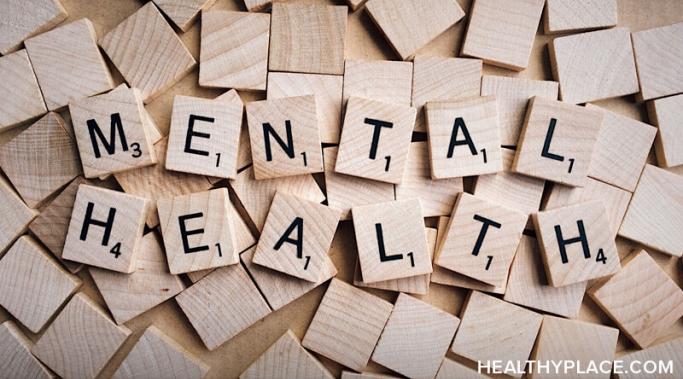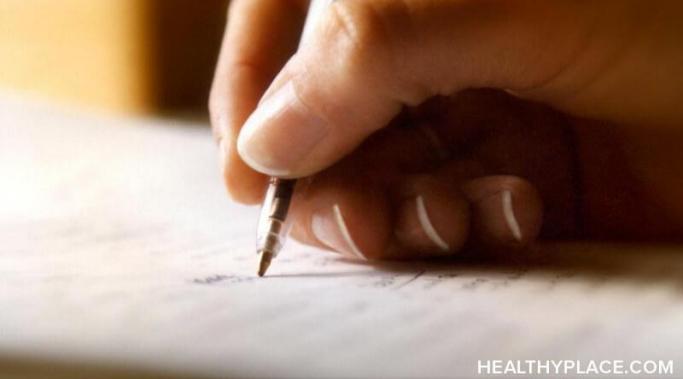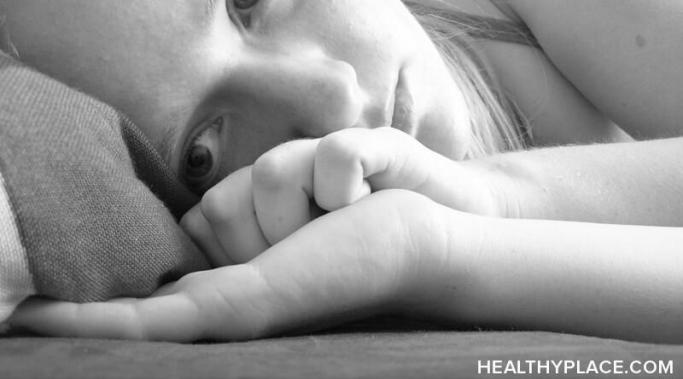It's possible to use songs to cope with depression. Many of us who are diagnosed with depression, myself included, find comfort in music. Often we can identify with an artist and his/her feelings and experiences; also, we may find that songwriters are able to eloquently put into words the thoughts and struggles we have but are unable to express aloud. This is why I find using songs helpful in coping with my depression. So, how do I use songs to cope with depression?
Depression Coping Skills
I'd like to discuss ways you can protect your mental health while we cope with depression because World Mental Health Day is Wednesday, October 10, 2018. Depression itself is stressful enough on our brains, but then certain outside factors exist that can make things worse. How can we avoid, or limit, these stress-inducing situations and people that can worsen our depression? I've discovered some strategies that protect your mental health and work for me, and I'd like to share them with you.
Why do fall activities help depression? For many of us, myself included, our depression causes us to feel as if life is merely one long, monotonous trek we have to muddle through; days turn into weeks that turn into months that become seasons, and before we know it, another year has passed without our truly noticing or caring. One way this is evident is when we no longer enjoy the holidays or seasons that we used to enjoy. So, how can we find pleasure in favorite seasons or activities again? How can we keep depression from interfering with our pleasure? We have to actually make a plan for fun fall activities with depression.
Should you share your suicidal thoughts? How will the choice to share affect your depression? Whether we face suicidal thoughts or have had one or more suicide attempts, the decision of whether or not to share these experiences affects us and how we deal with our depression.
Many of us with depression struggle in social situations. Simply finding the motivation to leave the house can be difficult enough; then, add to that the pressure we feel to interact with others. Just the thought of it is exhausting and terrifying. For example, I often expect my depression to cause awkward moments in social gatherings, which in turn makes me nervous and thus it becomes a self-fulfilling prophecy. This is not how I want to spend my time with friends and family and I imagine you all feel the same. So, what are some undesirable social tendencies our depression may cause and how can we break the cycle of these unwanted interactions and become more comfortable in social situations?
Is it really possible to build self-confidence when you have depression? Yes, it can be done. While the challenge is greater for those of us with depression, it truly is within our ability to build up confidence within ourselves. Now that we know building self-confidence is possible, let's find out how we can start working towards that goal today.
Although we share a depression diagnosis, each of us is still an individual with unique interests; therefore, when we're feeling depressed, it's important to find hobbies and activities that work for our specific personality types. So, what are some suggested activities, and how do we discover which ones might work for us? Also, how can participating in these hobbies and activities help us when we're feeling depressed?
It's appropriate to focus on the importance of routine self-care in our depression recovery since International Self-Care Day was this past Tuesday, July 24. This kind of self-care includes daily tasks that are important for our health and hygiene, but we often find these seemingly basic activities overwhelming with depression. What are some of these routine tasks? Why are they an integral part of coping with depression and how can we find the motivation to complete these routine self-care tasks?
Coping with rejection is difficult for most people, but it can be especially painful for those of us who have depression. We tend to internalize things so rejection often leaves us feeling as if we've done something wrong or plagues us with incessant negative thoughts. So, how can we accept the experience and begin coping with rejection in a healthier way?
Those of us with depression will often experience situations that can trigger depressive episodes. Since we can expect these events to occur, we need to have some effective coping strategies in place. What effective strategies can we use to cope with these triggers?









